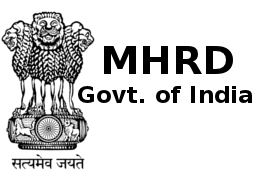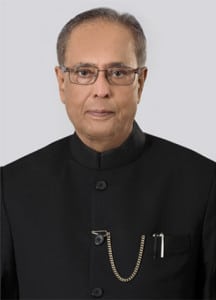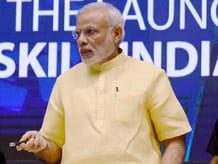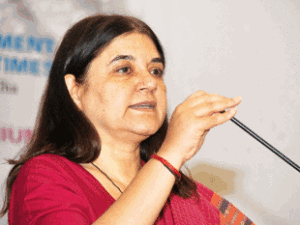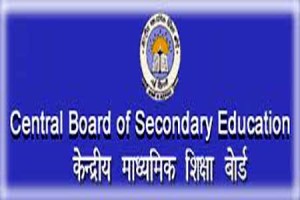 The wave of digitisation has reached the rural belt of India as well. Software giant Microsoft has chosen a tribal hamlet Harisal in Maharashtra to be developed as the first ideal digital village in the country. The village is all set to become the first digital village in India in the next 100 days, an official informed.
The wave of digitisation has reached the rural belt of India as well. Software giant Microsoft has chosen a tribal hamlet Harisal in Maharashtra to be developed as the first ideal digital village in the country. The village is all set to become the first digital village in India in the next 100 days, an official informed.
Microsoft India head, Prashant Shukla said: “Harisal will be the first ideal digital village in India.” He said the project will prove how technology could change lives.
Shukla, accompanied by district collector Kiran Gitte, account technology strategist Balchandran Nair, CMO IT chief Kaustubh Dhawase, CEO Landge and heads of various departments had visited the village recently and inspected the gram panchayat, the Bank of Maharashtra branch, the junior college, the fair price shop and interacted with the village head and deputy village head, and villagers.
Microsoft will offer skill development training to village youth, said district collector Kiran Gitte. “Agro-based processing units and self-help groups will be established while soil testing, dairy development, vegetable production will be undertaken.”
Display boards concerning sale of forest produce, weather information, cropping pattern and crop management will also be put up, informed Gitte.
Online registration of all children at the anganwadi will be done while record of their weight and improvement will be maintained. All bank customers will be provided with ATM-cum-debit cards and mobile banking services will be increased, he said.
“Microsoft will take care of computer literacy of anganwadi sevikas and teachers. Online gramsabha and teleconferencing will be the next stage. School students will be imparted education in hardware, software and mobile technology,” Gitte added.
The initiative is a part of Prime Minister Narendra Modi’s ‘Digital India’ concept under which smart cities and smart villages will be developed. With Microsoft providing all technological assistance in developing the tribal hamlet, a 14-member committee with BDO as nodal officer has been set up.












